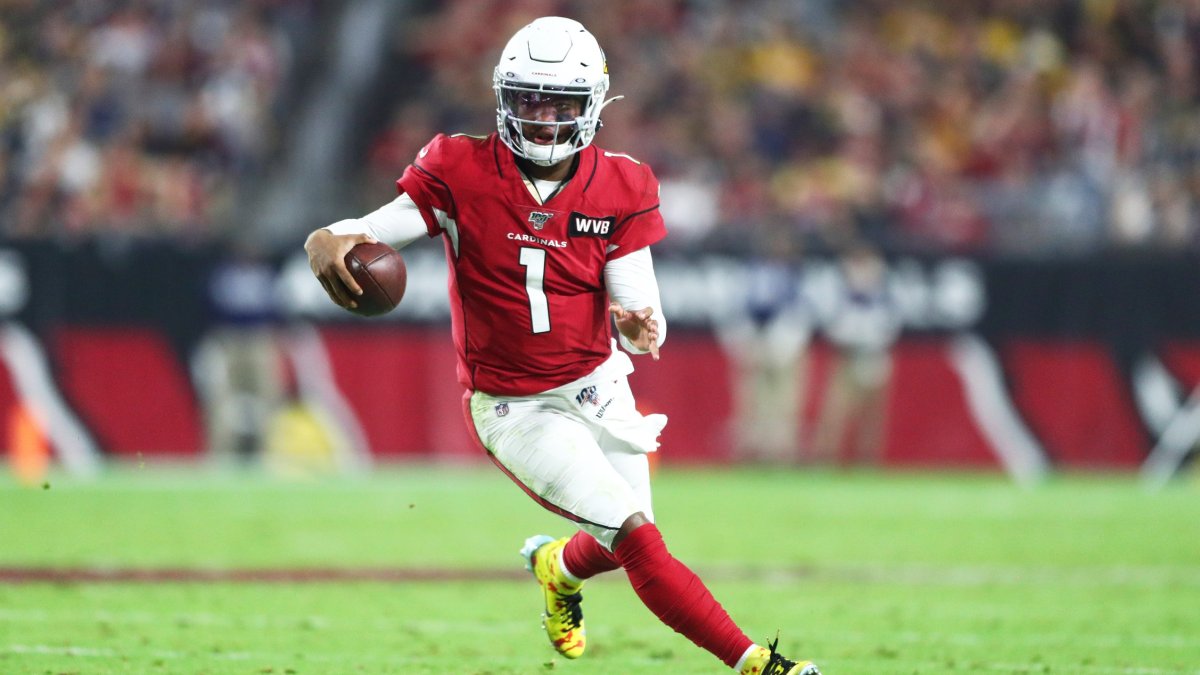The NFL offseason is full of talk with little action. But there are a variety of seasonal props available for punters to try and turn their wisdom into profit, none more discussed than who will be the 2020 NFL season's most valuable player.
The NFL’s MVP award has gone to a series of long-shots in recent years. Four of the past five winners had odds longer than 30-1 in the preseason, with players like Patrick Mahomes and Lamar Jackson rising from relative obscurity to the league’s best player in the course of months. Though he didn’t win the award, another second-year quarterback, Carson Wentz, was a leading candidate in 2017 before suffering a late-season injury.
[Editor’s note: Subscribe to PFF ELITE today to gain access to PFF’s Premium Stats and new Player Grades experience in addition to the 2020 NFL Draft Guide, 2020 Fantasy Rookie Scouting Report, PFF Greenline, all of PFF’s premium article content and more.]
Many MVP bettors are assuming the trend we’ve seen over the last few years of breakout quarterbacks winning the award will continue. The two most popular early-offseason MVP candidates in betting markets have been Kyler Murray and Josh Allen. Murray as MVP has been a particularly popular prediction, as he has the strongest logical connection to the recent second-year winners. Allen has been labeled a dark horse candidate, with the Bills poised to win the AFC East this year. At some popular sportsbooks, Murray now is tied for the fifth-strongest MVP odds, with Allen at ninth-highest.
The problem with the cases for Murray and Allen is that the breakout MVP narrative falls apart on closer inspection. The longer arc of MVP results shows that early-career MVPs are the exceptions, not the rule. Most are viewing the MVP award through a lens of recency bias, as if the results of the last few years negates decades of history.
In this article, I’m going to go through the history of quarterback MVP winners (12 of the last 13 winners were quarterbacks, and 27 of the last 33) to find the characteristics that were most closely linked to MVP selections. Looking broader, team success and being the most efficient quarterback by advanced metrics (not just good) are what determine the winner. There hasn’t been an advantage for breakout quarterbacks over the NFL’s best veterans, as second-year quarterbacks are no more likely to be the best in the NFL than their older, but yet to decline, counterparts.
RECENCY BIAS WITH RECENT BREAKOUT SUCCESS
Exclusive content for premium subscribers

WANT TO KEEP READING?
Dominate Fantasy Football & Betting with AI-Powered Data & Tools Trusted By All 32 Teams
Already have a subscription? Log in



 © 2025 PFF - all rights reserved.
© 2025 PFF - all rights reserved.